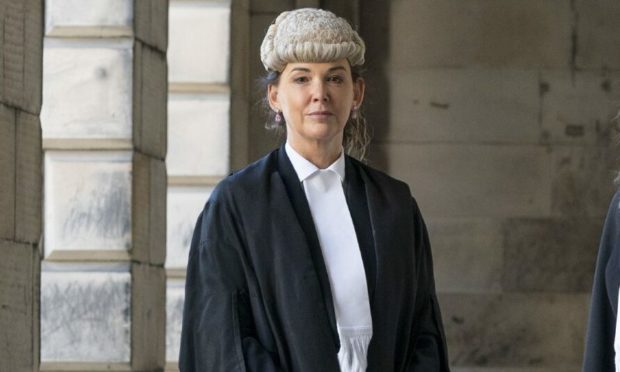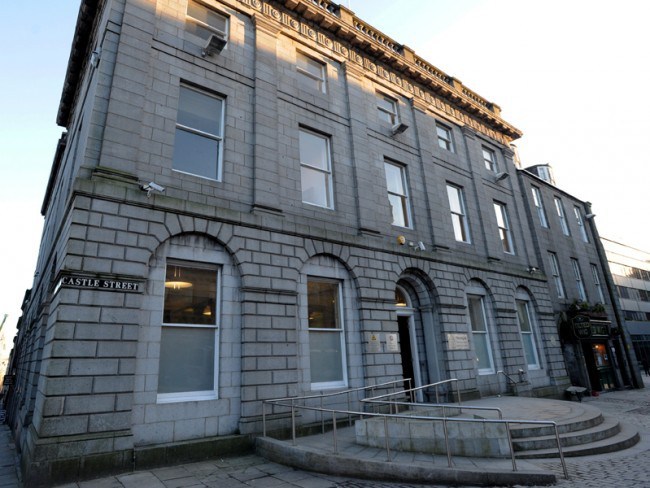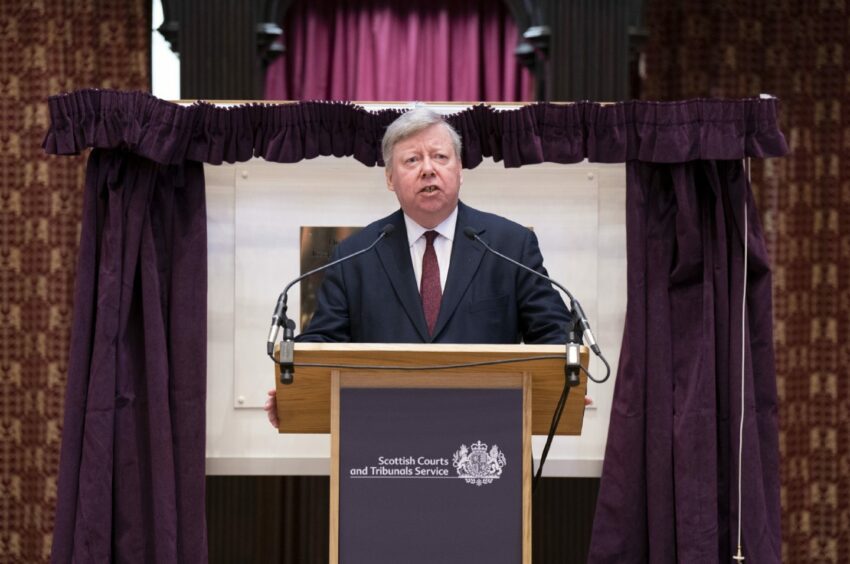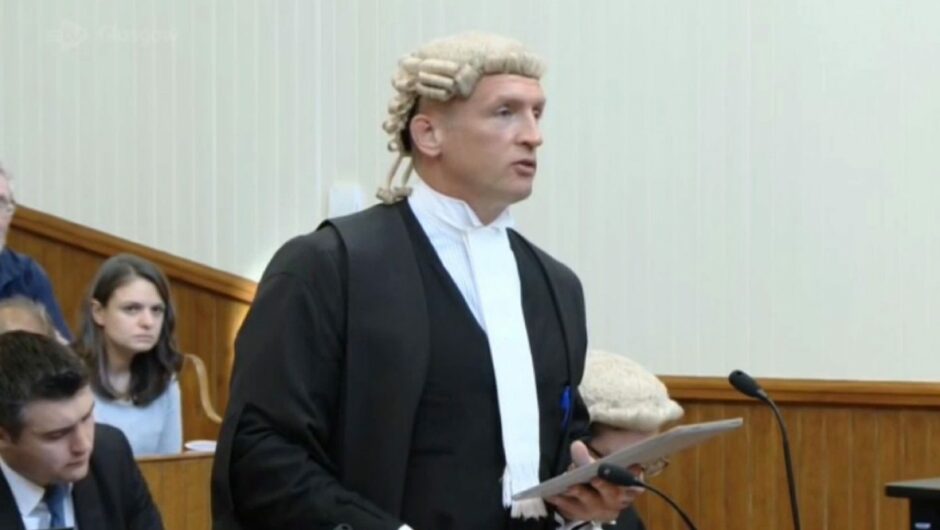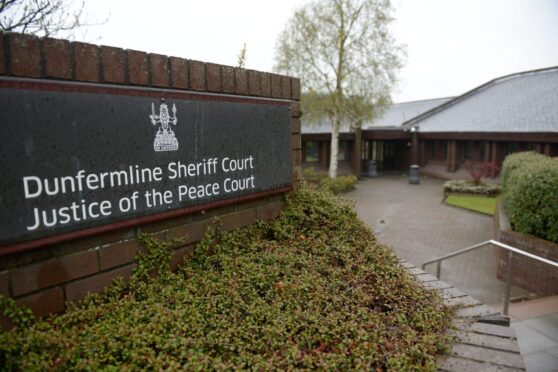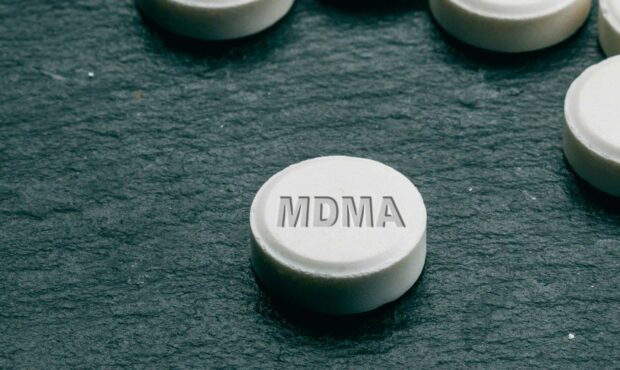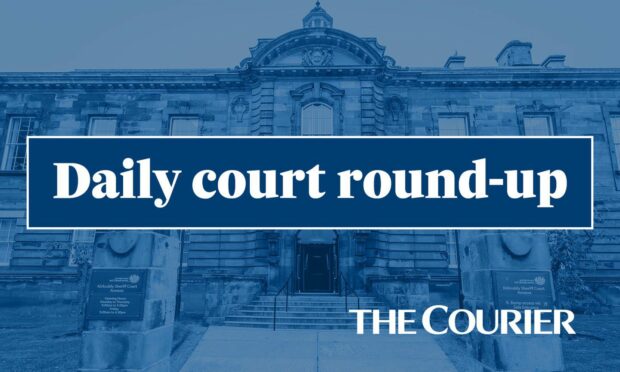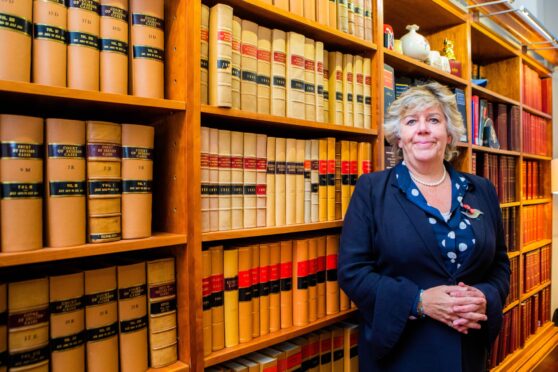Scoland’s most senior law officer has urged a panel of seven judges to allow jurors to consider a rape victim’s distress as corroboration of the crime.
The Lord Advocate Dorothy Bain KC told the Court of Criminal Appeal existing practices in sexual assault cases in Scotland are “out of step” with other countries.
The prosecutor told the judges it is wrong for Scottish jurors not to be allowed to consider distress shown by a rape victim is capable of corroborating the alleged crime.
Currently jurors have to find another source of evidence which proves the crime took place, such as forensic or eyewitness accounts.
Ms Bain said this is wrong and pointed to cases from England, Australia, South Africa and Canada in which judges there have allowed jurors to use distress as corroboration.
She said: “The approach adopted in Scotland is different from the one taken in other jurisdictions.
“The Commonwealth cases are relevant and provide assistance.
“The complainer’s state of distress, independently observed, can corroborate the complainer’s account of being raped.”
Judge ruled distress not corroboration
Ms Bain made her submissions to Scotland’s two most senior judges, the Lord Justice General Lord Carloway and the Lord Justice Clerk, Lady Dorrian.
They sat with colleagues Lady Paton, Lady Wise, Lord Matthews, Lord Boyd of Duncansby and Lord Pentland.
Ms Bain came to court as a consequence of a ruling made by a judge who presided over a trial at the High Court in Aberdeen last year.
A man, who has not been named, was accused of raping a woman in March 2019.
He denied he had any sexual activity with the complainer, with whom he had been drinking at his house, with her partner.
However, she told the court of how her partner later left and the accused grabbed her, threw her onto a bed and raped her.
The court heard the woman’s boyfriend then returned and knocked on the door, allowing the complainer to escape, when her alleged attacker answered.
Her boyfriend gave evidence he saw his partner leave the house in a state of “distress and dishevelment”, screaming that she had been raped.
Two other witnesses saw the woman’s distress.
‘Out of step’
The judge in the case directed the jury that was not enough of itself to corroborate penetration but could confirm she suffered some distressing event.
The Crown wants the appeal court to find the judge in the Aberdeen trial erred and that independent evidence of distress is sufficient to corroborate a complainer’s evidence.
On Thursday, Ms Bain said this practice was wrong and should be altered.
Written submissions presented by the Crown to the court state Scotland is “out of step”.
Legal experts say if the appeal court rules in favour of the Crown, Scottish prosecutors will be able to bring considerably greater numbers of rape prosecutions to court.
Alternative view
Roddy Dunlop KC, the Dean of the Faculty of Advocates, is arguing against the move, saying it shifts the balance too far in favour of the Crown.
He said: “At stake are fundamental aspects of the law of corroboration under our criminal law.”
He said: “I quite accept that distress is circumstantial evidence and secondly that it should not be treated any differently from any other form of such evidence.”
But he added: “There is no warrant for holding that because a piece of circumstantial evidence corroborates one crucial fact it thereby corroborates all of them.”
He said: “The result of granting this reference would be to create a situation – which exists no where else in the western world – that a simple majority of eight to seven can return verdicts of guilt on the basis of evidence given by a distressed complainer.”
Mr Dunlop also said Parliament and not the court is the best forum to decide the issue.
The appeal judges will issue their decision sometime in the near future.
It comes as controversial plans for juryless rape trials have been floated by the Scottish Government, leading to a significant backlash by lawyers.
